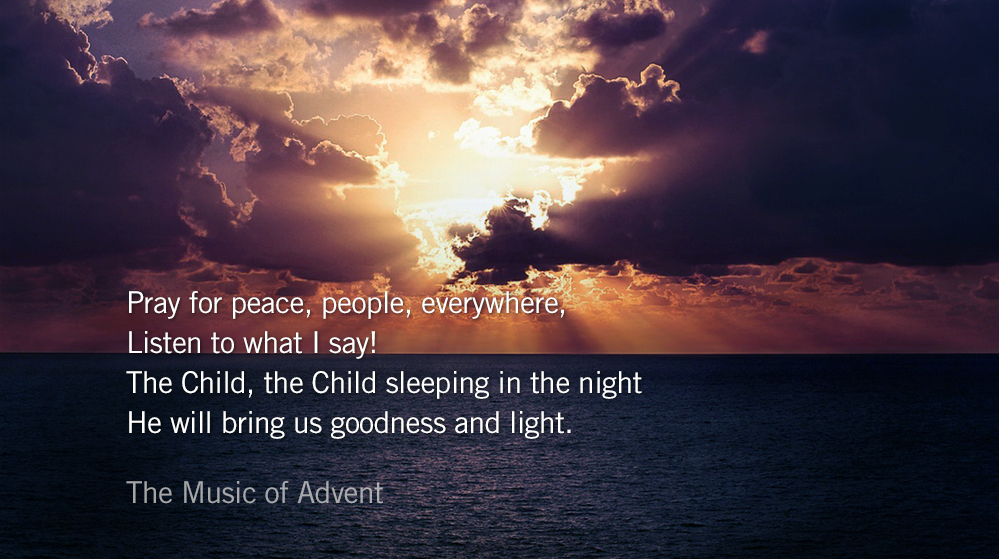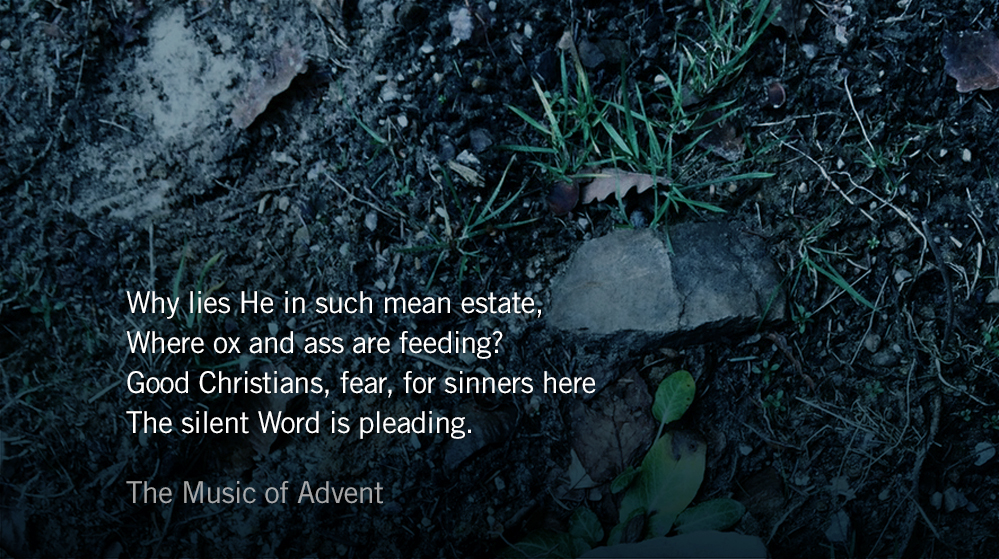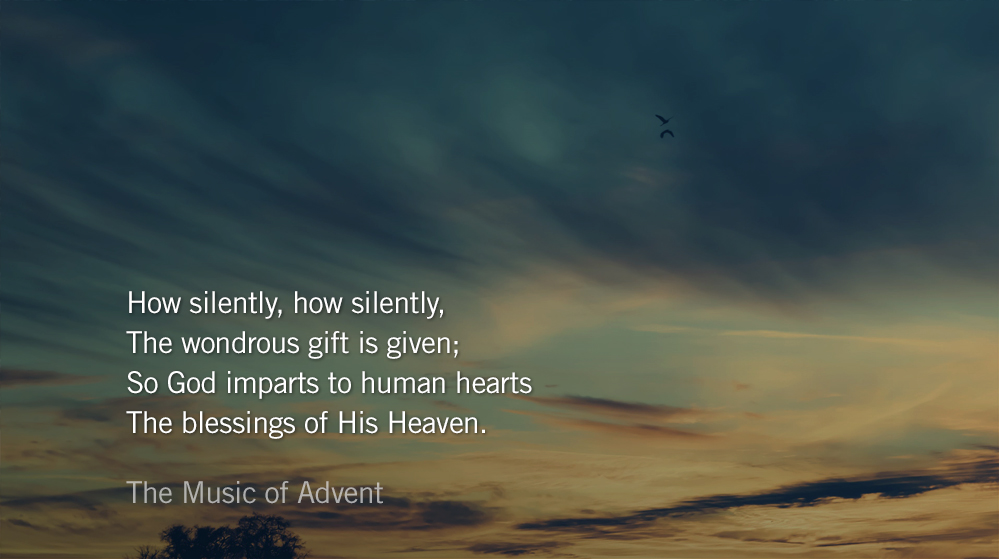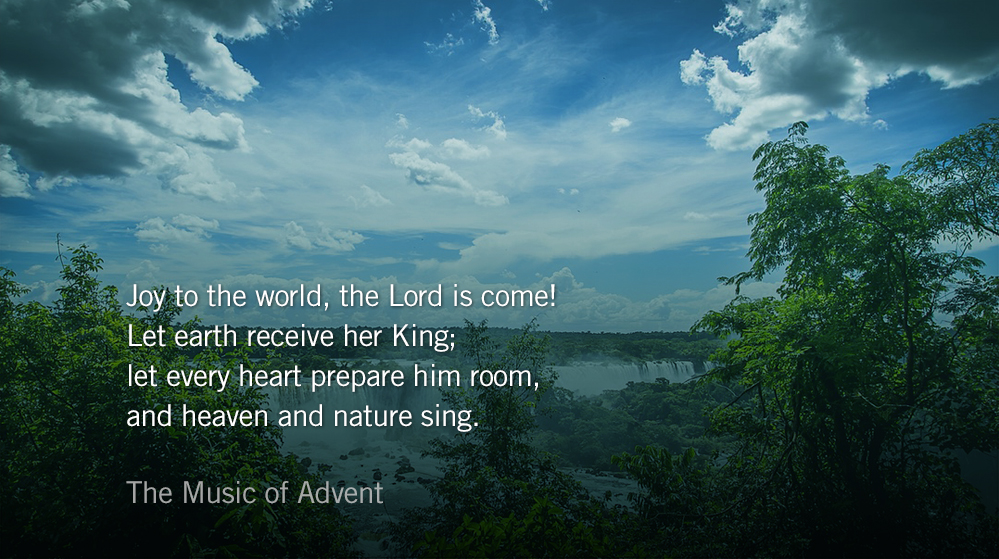On Christmas Eve of 1906 Reginald Fessenden, who had been one of Thomas Edison’s chief chemists, was testing a new generator for radio transmissions. In what became the first broadcast of voice and music over radio, Fessenden read the Christmas story from the gospel of Luke and played the carol “O Holy Night” on his violin. This remarkable entrance into history was not the first, nor the only for this song.
The lyrics to “O Holy Night” came from a French socialist, who penned them for a Catholic service in 1847. The music was written by a Jewish composer. Legend holds that the song brought a 24-hour respite to fighting between French and German troops after being sung from the battlefield on Christmas Eve of 1871. The carol hopped the pond, thanks to the Unitarian minister and abolitionist John Sullivan Dwight, and caught on in the North far more quickly than in the South:
Truly He taught us to love one another;
His law is love and His gospel is peace.
Chains shall He break for the slave is our brother;
And in His name all oppression shall cease.
The only thing more astonishing than the journey of one the most beloved Christmas songs is the event which it celebrates:
Long lay the world in sin and error pining,
‘Til He appear’d and the soul felt its worth.
A thrill of hope the weary world rejoices,
For yonder breaks a new and glorious morn.
How remarkable that in the light of God our soul feels its worth? “God is in the manger, wealth in poverty, light in darkness, succor in abandonment.” remarks Dietrich Bonhoeffer in his book, God is in the Manger. He continues:
And that is the wonder of all wonders, that God loves the lowly. God marches right in. He chooses people as his instruments and performs his wonders where one would least expect them. God is near to lowliness; he loves the lost, the neglected, the unseemly, the excluded, the weak and broken.
The hope, love, joy, and peace of Advent broke into our world on the holiest of nights. Songs about Christ have endured, and changed, history—more importantly the good news of Christ changes our present and future.
Listen: O Holy Night by Chris Tomlin
Today’s Reading
2 Chronicles 29 (Listen – 6:49)
Revelation 15 (Listen – 1:29)






